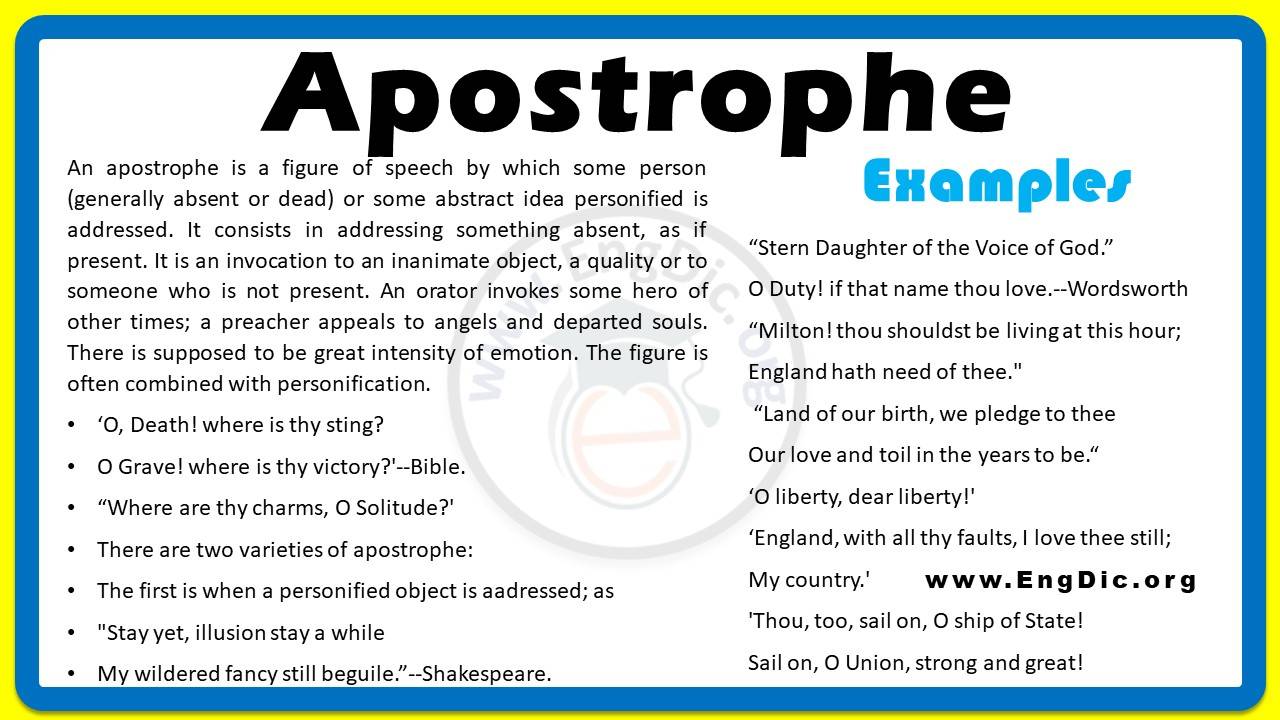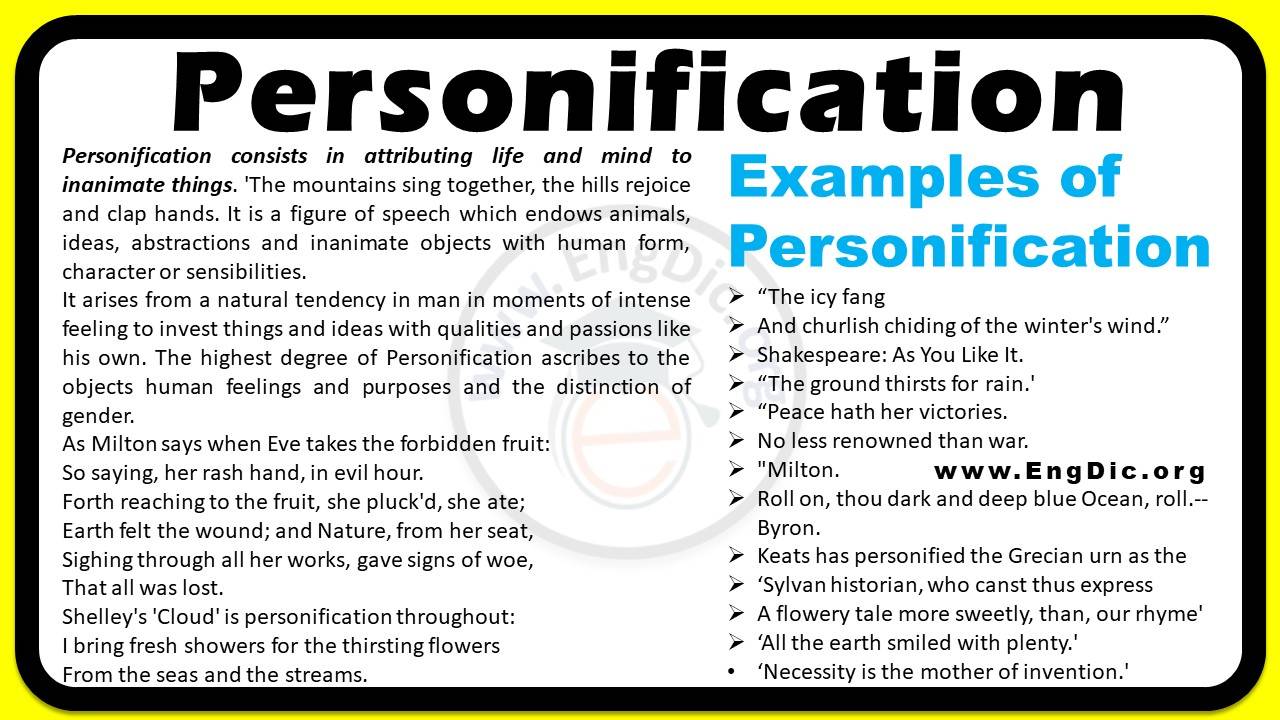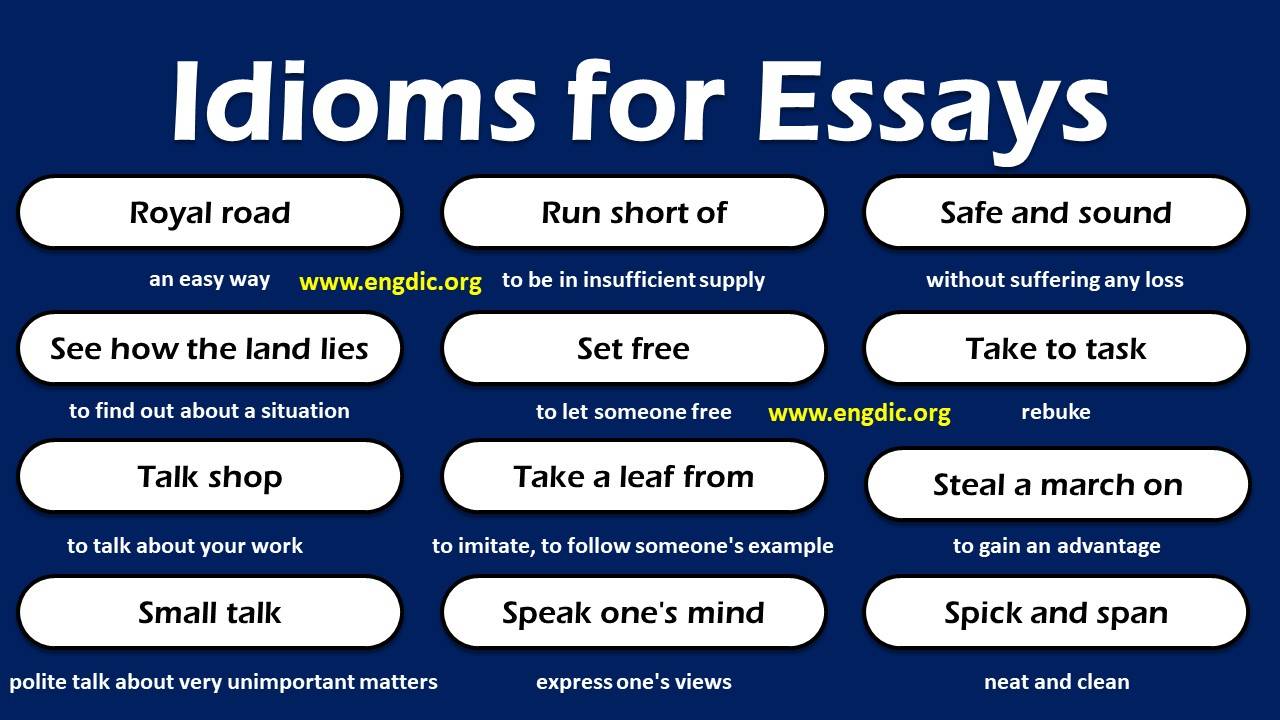Examples of Hyperbole in English grammar! What is hyperbole in figures of speech? Hyperbole is explained with definition and its examples. Most of us don’t know about it.
What is Hyperbole?
Hyperbole (Greek = overshooting) is a figure of speech in which the bounds of strict veracity are over-shot not for the sake of deceit but on account of emotion and for the sake of emphasis or humour. It is gross exaggeration for the sake of effect.
Hyperbole consists in magnifying objects beyond their natural bounds, so as to make them more impressive or intelligible. This is a form of a manifest and recognized overstatement used for emphasis and impressiveness. It is often expressive of strong emotion or is due to the mind’s natural love of the marvellous, or to a strong desire to awaken wonder or rouse attention. Nesfield is of the opinion that hyperbole is more suited to poetry than to prose. But used properly, it is an effective device for securing attention, giving emphasis or creating a poetic effect. When we are under the influence of some strong feeling, as love or hate or fear, we exaggerate the cause of the feeling. This leads to the use of the figure of hyperbole. In Shakespeare’s Macbeth. Macduff expresses his intense feeling by saying:
“Not in the legions
Of horrid hell can come a devil more damned?
In evils to top Macbeth.”
The hyperboles in Shakespeare are in keeping with the force and profusion of his genius. As in the instance quoted above, they minister to the intensity of passion in his characters.
Human desire is naturally illimitable. Hence, whatever pleases us in poetry is magnified as far as can be done without offending our sense of reality and truth. As a familiar instance, we may quote from Milton-
So frowned the mighty combatants, that hell grew darker at the frown!
Another example of hyperbole occurs in Macaulay’s Frederic the Great: “It was in his own house that he was most unreasonable and ferocious. His palace was hell, and he the most execrable of fiends.
It is a function of poetry to please us by objects of surpassing grandeur or loveliness taken from nature and from humanity. Accordingly, it raises actual things by the force of elevated description, and by all the arts of admissible exaggeration. On account of this feature of the poetic art, Plato banished poets from his Republic and Bentham styled poetry as ‘misrepresentation in verse’. As a figure of speech, hyperbole has a certain dignity. In employing it, a writer must be sure that the feeling is intense enough to demand it and that the language is suitable. Otherwise bombast will result. Originality is indispensable to hyperbole. A mere exaggeration is easy; the kind that yields pleasurable surprise must be recommended by novelty, grandeur, or point.
Examples of Hyperbole in English grammar
David in his lament for Saul and Jonathan says: “They were swifter than eagles, and stronger than lions”.–Old Testament.
“Belinda smiled, and all the world was gay.”–Pope.
“That speaks volumes for your industry.”
‘Paradise, without thee, would be imperfect?
‘She wept oceans of tears!’
“As many farewells as there be stars in heaven.”
“I beg a thousand pardons” “A sea of troubles”.–Shakespeare.
‘Rivers of blood.’
The whole world was shocked at the news.
With the rapidity of lightning the dragoons charged.
The sky shrank upwards with unusual dread,
And trembling Tiber dived beneath his bed.’
‘I could a tale unfold whose lightest word
Would harrow up thy soul, freeze thy young blood,
Make thy two eyes, like stars, start from their spheres,
Thy knotted and combined locks to part
And each particular hair to stand on end
Like quills upon the fretful porcupine.’–Shakespeare.
‘Oh King, live for ever.’
“Weep your tears
Into the channel till the lowest stream
Do kiss the most exalted shores of all.”
“I loved Ophelia; forty thousand brothers
Could not with all their quantity of love
Make up the sum.”–Shakespeare.






